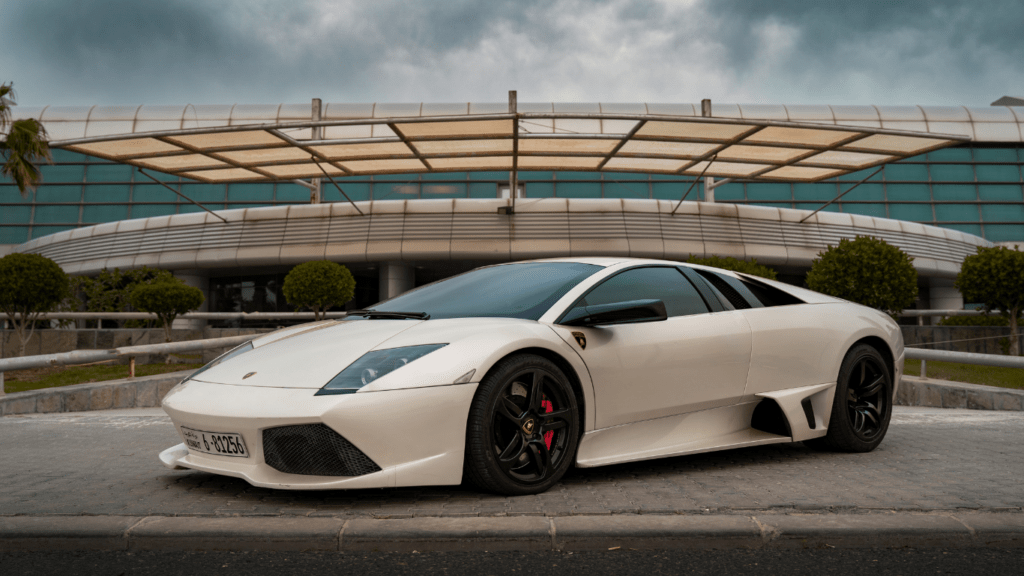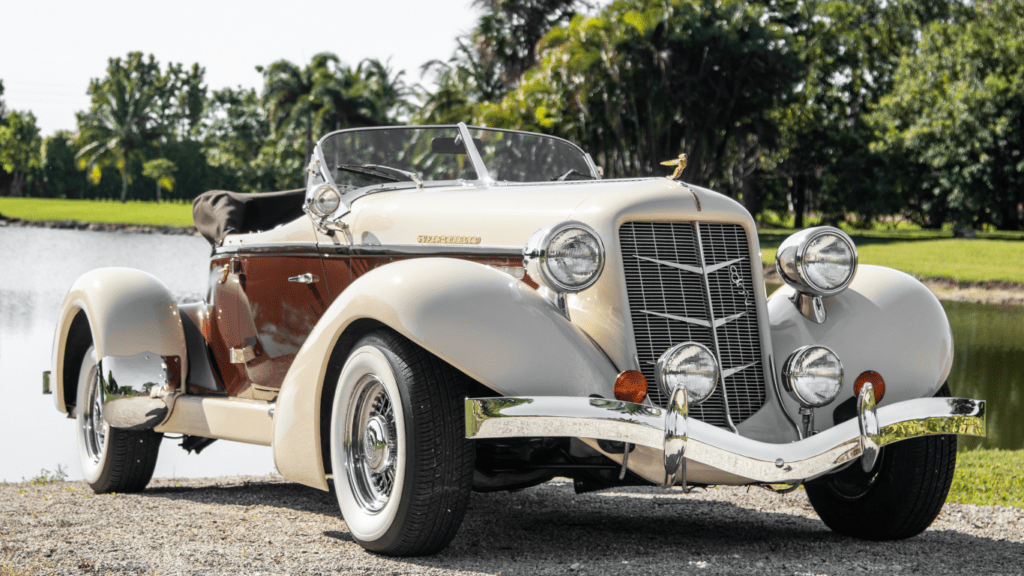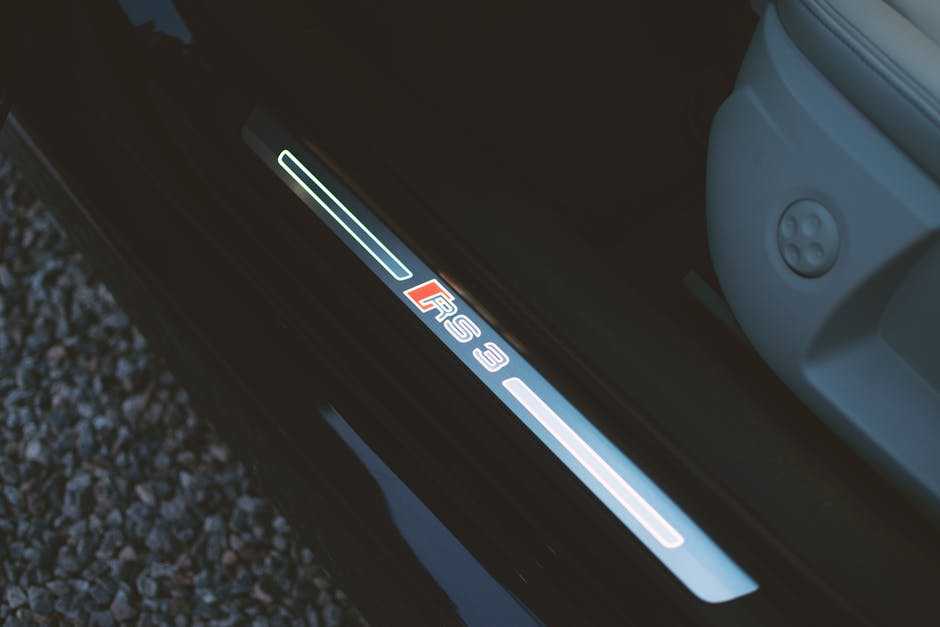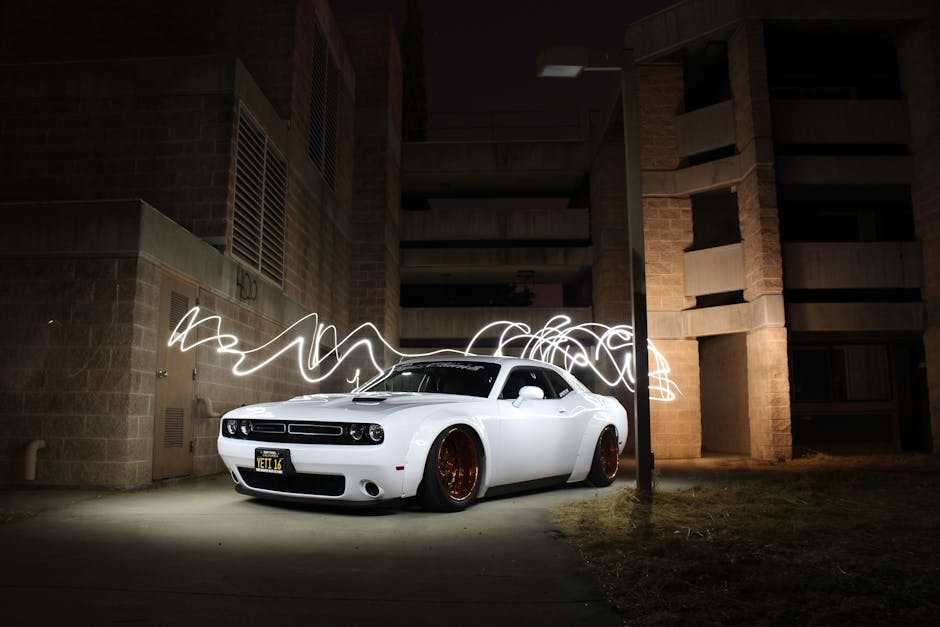Understanding the Luxury Car Market
Many factors distinguish the luxury car market from the broader automotive sector. The market draws discerning buyers who prioritize quality, innovation, and exclusivity.
Key Characteristics of Luxury Cars
Luxury cars blend advanced performance, cutting-edge technology, and superior craftsmanship. High-end models boast powerful engines, refined interiors, and innovative features. For example, brands like Mercedes-Benz and Rolls-Royce incorporate bespoke materials, advanced driver assistance systems, and unparalleled comfort, setting them apart from mass-market vehicles.
Demographics of Luxury Car Buyers
Luxury car buyers typically possess higher incomes and value exclusivity. These customers often include successful professionals, entrepreneurs, and affluent individuals. For instance, studies reveal that most luxury car owners are aged between 35 and 54, have a household income exceeding $200,000, and prioritize brand reputation and craftsmanship when making purchasing decisions.
Brands in the luxury car market cater to this demographic by offering personalized experiences and customization options. This approach aligns with the customers’ desires for unique, tailor-made vehicles that reflect their status and personal taste.
The Importance of Personalization
Personalization stands out as a critical factor in the luxury car market. Customization offers distinct advantages that set brands apart and create a connection between the vehicle and the owner.
Differentiation in a Competitive Market
Personalization helps brands differentiate themselves in a crowded market. Offering bespoke options, like custom paint colors and tailored interiors, allows brands to cater to individual preferences. Tesla, for example, lets customers choose unique color schemes and interior materials. This level of customization not only attracts potential buyers but also retains existing customers.
Luxury brands, including BMW and Porsche, offer extensive personalization programs. By providing unique features, these brands ensure customers receive one-of-a-kind vehicles. This unique value proposition enhances brand loyalty and strengthens market position.
Enhancing the Customer Experience
Personalization significantly enhances the customer experience. Buyers of luxury cars expect more than just a high-performance vehicle; they seek unique touches that reflect their tastes. Offering custom elements, such as monogrammed seats or exclusive trim options, meets these expectations.
Lamborghini and Bentley excel in providing personalized experiences. These brands engage customers in the design process, allowing them to select materials and finishes. This involvement creates an emotional connection, making the purchase more personal and satisfying.
Providing tailored experiences also leads to higher customer satisfaction. When buyers feel their car represents their personality, they’re more likely to be satisfied and loyal. This satisfaction extends beyond the purchase, contributing to long-term brand loyalty.
Personalization is key to standing out in the luxury car market and delivering an exceptional customer experience.
Types of Personalization in Luxury Cars
Personalization in luxury cars extends far beyond the basics, allowing buyers to create a bespoke vehicle that matches their individual tastes and preferences. Under this heading, I’ll delve into the various customization possibilities and technological advancements available in the luxury car market.
Customization Options
Luxury car manufacturers provide numerous customization options, ensuring each vehicle can be tailored to reflect the owner’s identity.
- Interior Materials: Brands like Rolls-Royce and Bentley offer a selection of premium materials, including fine leather, rare woods, and bespoke embroidery. Customers can choose from a palette of colors and textures to create a unique interior.
- Exterior Paint: Companies such as Ferrari and McLaren provide almost limitless paint options utilizing advanced techniques like multi-coat metallic finishes. Customers can even request custom colors exclusive to their vehicle.
- Performance Upgrades: Manufacturers like Porsche and BMW allow for engine tuning, upgraded suspension systems, and high-performance braking systems. These changes enhance driving dynamics and cater to performance enthusiasts.
- Personalized Accessories: Luxury brands often offer tailor-made accessories, including personalized badging, custom floor mats, and monogrammed elements. Companies like Aston Martin additionally offer unique lifestyle items matching the vehicle’s design.
Technological Innovations
Technological advancements play a crucial role in the personalization of luxury cars, enhancing both functionality and experience.
- Infotainment Systems: State-of-the-art infotainment systems from brands like Tesla and Mercedes-Benz feature customizable interfaces, voice control, and integration with various smart devices. These systems allow owners to personalize how they interact with their vehicle’s technology.
- Driver Assistance Features: Advanced driver-assistance systems (ADAS) from Lexus and Audi offer customizable safety settings and driving modes that adapt to individual preferences and driving styles. These features include adaptive cruise control, lane-keeping assist, and automated parking.
- Smart Connectivity: Integration with smart home devices and mobile applications enables owners to control various car functions remotely. For instance, BMW’s ConnectedDrive and Audi’s MMI provide seamless connectivity options, allowing customization of everything from lighting settings to climate control.
- Custom Lighting: Ambient lighting systems in vehicles like the Mercedes S-Class offer a spectrum of colors that can be adjusted to suit the occupant’s mood. Personalized lighting schemes enhance the driving experience and interior ambiance.
By offering extensive customization options and leveraging advanced technologies, luxury car manufacturers cater to the unique preferences of their discerning customers, ensuring each vehicle is a true reflection of its owner’s personality.
Benefits of Personalization for Manufacturers

Personalization in the luxury car market not only appeals to buyers but offers significant advantages to manufacturers. By tailoring vehicles to individual preferences, luxury car brands reap multiple benefits that strengthen their market position.
Building Brand Loyalty
Manufacturers enhance customer retention, fostering long-term relationships. When buyers feel their vehicle mirrors their identity, it creates an emotional bond. For instance, brands like Rolls-Royce allow customers to choose bespoke materials and intricate details, resulting in a deeply personalized ownership experience. This emotional connection transforms buyers into brand advocates, leading to repeat purchases and favorable word-of-mouth referrals.
Increasing Profit Margins
Custom options provide opportunities for higher revenue, as customers often pay a premium for unique features. Luxury car brands like Mercedes-Benz and Bentley offer extensive customization packages, from exclusive paint jobs to high-end interior finishes. These add-ons significantly increase the overall price of the vehicle. Additionally, personalized cars often have a higher resale value, benefiting the manufacturer’s brand perception and market competitiveness.
Personalization not only differentiates luxury car brands but enhances their profitability and customer loyalty, positioning them as leaders in a competitive market.
Case Studies of Effective Personalization
Personalization is a defining feature in the luxury car market. Looking at real-world examples helps highlight its impact and importance.
Leading Brands and Their Approaches
Mercedes-Benz leads with its “Designo” program, offering exclusive paint finishes, upholstery choices, and bespoke interior trims. By allowing clients to engage in the design process, the brand ensures each vehicle mirrors its owner’s personality.
Bentley elevates personalization with the “Mulliner” division. Clients can request unique veneers, custom embroidery, and even specific leather colors. Bentley’s approach results in ultra-luxurious, one-off vehicles that stand out in the market.
Porsche’s “Exclusive Manufaktur” offers tailored options from aerodynamic body kits to personalized interiors. The program emphasizes craftsmanship, allowing customers to have a direct hand in personalizing their cars down to the smallest details.
Customer Success Stories
One customer had a Tesla Model S customized with a unique matte paint finish and personalized interior lighting. This distinctive look complemented their personal style and resulted in multiple referrals from impressed peers.
Another individual commissioned a fully bespoke Rolls-Royce, with custom paint matched to a cherished family heirloom. This vehicle not only served as luxurious transport but also as a deeply personal legacy.
A Porsche enthusiast transformed their 911 into a racing-inspired daily driver. Custom aerodynamic enhancements, performance upgrades, and exclusive interior touches reflected their passion for motorsport while maintaining a level of sophistication.
These case studies demonstrate how leading brands implement personalization to create unique, emotionally resonant vehicles, thus enhancing customer satisfaction and loyalty.
Future Trends in Luxury Car Personalization
Luxury car personalization is rapidly evolving, driven by emerging technologies and changing consumer preferences. Upcoming trends show a significant shift toward incorporating advanced technology and sustainable practices in customization.
Advanced Technology Integration
Cutting-edge technologies are set to revolutionize personalization. Augmented reality (AR) will allow buyers to visualize custom features in real-time. Virtual reality (VR) showrooms will give immersive experiences of personalized vehicles before purchase. AI-driven customization will offer tailored recommendations based on user data and preferences. These technologies ensure a seamless and highly personalized buying journey.
Sustainable and Eco-friendly Customizations
With increasing environmental awareness, luxury car manufacturers are adopting sustainable practices. Eco-friendly materials like recycled leather and vegan alternatives will dominate interiors. Electrification options, including hybrid and fully electric drivetrains, will cater to eco-conscious buyers. Sustainable manufacturing processes and materials highlight the commitment to the environment while offering unique customization options.
Bespoke Digital Features
Digitalization is transforming vehicle customization. Personalized infotainment systems will include bespoke apps, user profiles, and tailored content. Advanced driver assistance systems (ADAS), customized based on driving habits, will enhance safety and comfort. Customizable lighting setups, from ambient interior lighting to dynamic exterior lights, will offer unique aesthetic options.
Health and Wellness Features
Personalization in luxury cars now includes health and wellness features. Air quality management with personalized climate control ensures a comfortable environment. Integrated biometric sensors monitor stress levels, offering adaptive seating positions and massage functions. These features cater to health-conscious buyers seeking enhanced well-being during their journeys.
Enhanced Connectivity Options
The future of car personalization includes enhanced connectivity. Vehicles will offer seamless integration with personal devices and smart home systems. Customizable in-car assistants will provide personalized responses and control various functions. These connectivity options create a holistic and personalized driving experience.
Craftsmanship and Artisanal Touches
Despite technological advancements, traditional craftsmanship remains a key element of luxury car personalization. Handcrafted interiors with custom stitching, unique veneers, and bespoke embroidery will continue to attract discerning buyers. These artisanal touches ensure each vehicle reflects the owner’s personal taste and style.
Luxury car personalization is moving toward a blend of advanced technology, sustainability, digitalization, health features, enhanced connectivity, and traditional craftsmanship. These trends will shape the future of the luxury car market, ensuring each vehicle is a unique reflection of its owner’s identity.



 Luxury Lifestyle & Partnerships Manager
Luxury Lifestyle & Partnerships Manager
